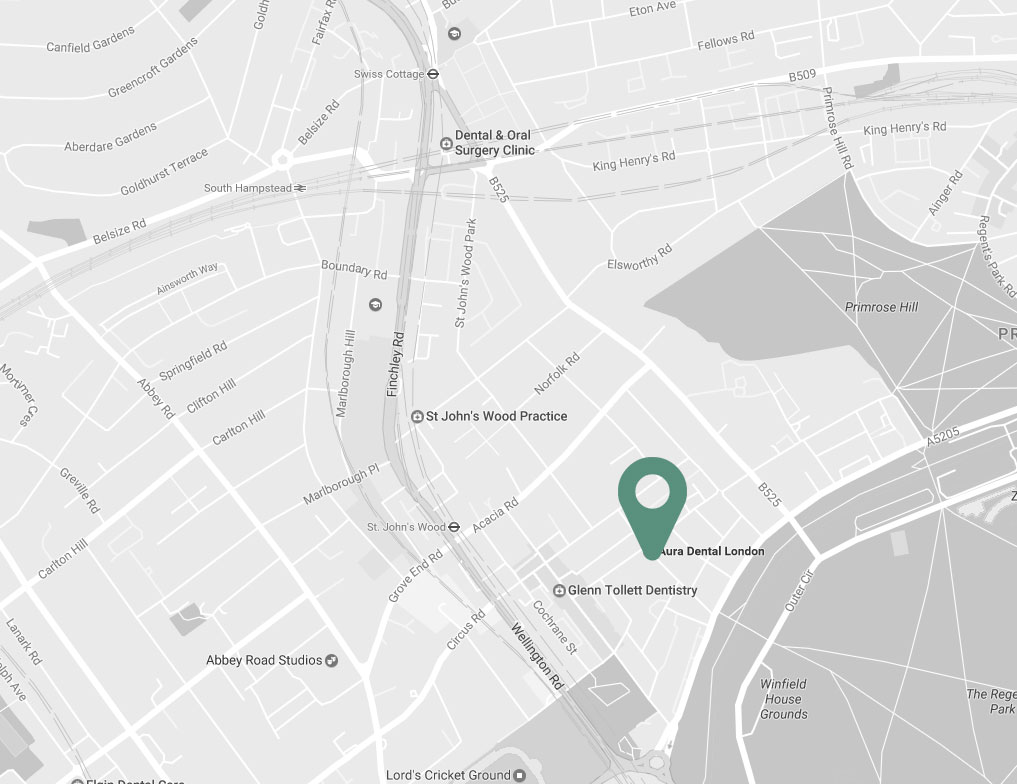Insomnia refers to difficulty falling asleep or staying asleep, or waking up early in the morning feeling unrefreshed. During sleep, our body regenerates and repairs all of our body cells. Poor sleep patterns are linked to poor health; quality of sleep matters as much as quality for optimal health, vitality and prevention of disease.
Sleep has a profound effect on our mental, emotional and physical well-being and is one of the four main factors of health. The other three being nutrition, exercise and stress management. Why?
• Sleep deprivation is associated with weight gain and risk of obesity, by affecting hormones (ghrelin and leptin) that regulate appetite. People that sleep sufficiently consume less calories.
• A good sleep maximises the ability of solving problems and memory.
• Sleeping less than seven to eight hours per night has been associated with increased risk of cardiovascular disease and stroke.
• Sleep deprivation can lead to pre-diabetes in healthy adults in just six days. Many studies have shown a strong correlation between short sleep length and type 2 diabetes.
• Bad sleep habits are linked to depression.
• Having eight hours of continuous sleep on a regular basis can improve immunity and fight common cold.
• Sleep affects the anti- and pro-inflammatory bodily secretions. Bad sleep quality is closely related to inflammatory bowel disease and can increase the risk of relapse.
Hence, it is well-established that in order to improve health or lose weight, it is vital to adopt healthy sleep habits. But what are the steps to a good night’s sleep, both qualitatively and quantitatively?
1) Caffeine can greatly deteriorate sleep quality. Limit coffee to no more that two per day and avoid caffeine (coffee, tea, coke) at least eight hours before sleep.
2) Avoid alcohol three hours before going to bed. Even though alcohol causes sleepiness, it is responsible for sleep disturbances. Alcohol absorption requires eight hours, which “steals” from our rest. Ideally, avoid alcohol before sleep, as it reduces melatonin levels, hence can disrupt sleep, leaving you unrefreshed the next morning.
3) Avoid electronic appliances at least one hour before sleep. If its completely necessary to work from your laptop, consider downloading the f.lux app or buying “orange blue-blocking glasses” to avoid blue-emitting light from affecting your melatonin levels. For iPhone users, the night shift option can be used for the same reason.
4) Ensure good sleep hygiene by keeping the bedroom dark, silent and cool, around 18-20°C. Leave a window half-open to ensure oxygen delivery to the brain during sleep.
5) Your bed should be used just for sleeping and not for working or watching TV. If you cannot fall asleep in the first 20 minutes, go to another room and relax until you feel sleepy, ideally read or have a relaxing bath but do not use any electronic appliances.
6) Regulate your circadian rhythm (sleep-wake cycle) by setting the alarm at the same time each day.
7) Your last meal, when consumed late at night can cause erratic sleep. It negatively affects the quality of sleep and the secretion of growth hormone and melatonin, hormones that are secreted during sleep and regenerate the body. Moreover, during digestion the body consumes large amounts of energy, which gets deprived from the reparative processes of cell damage. Your last meal or snack should be eaten at least three hours before bed.
8) Exercise is one of the most well-researched factors in sleep improvement. Daily moderate exercise has been shown to greatly reduce insomnia; choose brisk walks in nature, yoga, pilates, swimming, dance and avoid intense exercise in the late afternoon or evening.
9) Specific foods have been associated with a good night’s sleep, by boosting serotonin levels, pre-cursor for melatonin: Turkey/chicken, cottage cheese and other dairy products, oats, bananas, tart cherries and almonds are some of the most potent foods for inducing sleep.
10) Supplements can greatly improve your sleep, but should be used with caution and always under your physician’s or nutritionist’s supervision. Some of the most effective natural supplements include: Magnesium and vitamin B6, valerian, hops, chamomile tincture, vervain, skullcap, lime flower, passion flower, L-theanine etc. Ask for your therapist’s help in order to choose the most suitable combination for you personally.
Resources
Correspondent, V.A.S. (2017) Middle aged and want good night’s sleep? Don’t have cuppa after lunch. Available at: http://reporting.lambertshealthcare.co.uk/cgi-bin/rr/nobook:19487,nosent:6820,nosrep:3792/http://dailym.ai/2iUqcKL (Accessed: 7 November 2016).
De Kloet ER, Joels M, Holsboer F (2005). Stress and the brain: from adaptation to disease. Nat Rev Neurosci. Jun;6(6):463-75.
Jones D et al(2006) Textbook of Functional Medicine, The Institute of Functional Medicine, Gig Harbor, Washington
Kyrou I, Chrouso GP, Tsigos C (2006). Stress, visceral obesity, and metabolic complications. Ann N Y Acad Sci. Nov;1083:77-110.
Natural Medicine Comprehensive Database (2009), L-Tryptophan monograph, accessed on the 28/11/09 from http://www.naturaldatabase.com/(S(tvpkc4i5lhzufb2c5a3z1h45))/home.aspx?s=ND&cs=
Natural Standard Inc (2009) Natural Standard Monograph; 5-HTP, www.naturalstandard.com
Osiecki H, Meeke F, Smith H (2004) The Encyclopaedia of Clinical Nutrition- Volume 1, The Nervous System, Bioconcepts publishing,Qld
Pizzorno J, Murray M (2007). Textbook of natural medicine. e-dition. Missouri:Elsevier


| Charlbert St, St John’s Wood London NW8 7BT |
|
| +30 6977 2099 88 | |
| info@naturopathy-med.com |